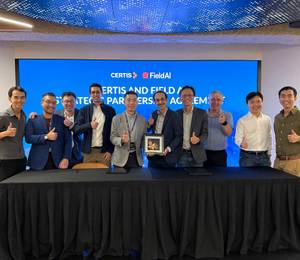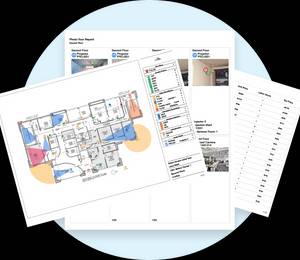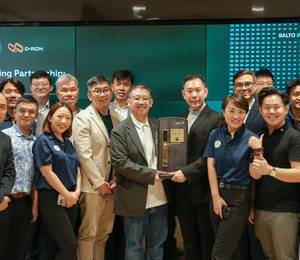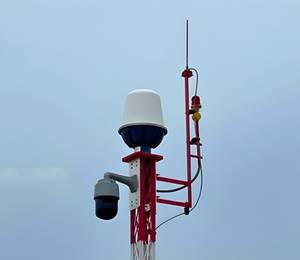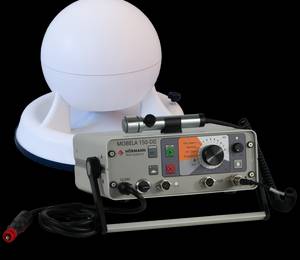HID Global®, a worldwide leader in secure identity solutions, today announced that its iCLASS SE® access control platform has been used by the Academy of Art University in San Francisco® to secure almost every door of the institution, across dozens of geographically dispersed buildings that house expensive equipment and high-value student work product. The iCLASS SE platform has increased the university’s safety and security, reduced theft, and delivered new capabilities along with an improved campus experience and the ability to expand its access control infrastructure to support growth and future improvements.
“Meeting our twin needs for both security and scalability required that we upgrade to an access control system based on an open architecture that could support multiple card technologies and future enhancements,” said Mike Petricca, campus safety director with the Academy of Art University. “HID Global’s iCLASS SE platform has made our campus more safe and secure, while enabling cardholders to do more than just open doors with their ID cards, including making purchases using the university’s debit program for meals and cashless vending, and gaining access to athletic events.”
Academy of Art University has used the iCLASS SE platform to create what it believes is the nation’s first completely locked-down campus environment, with all access controlled through a single, centralized system. Metal keys are no longer required at the majority of buildings and the ID cards enable users to open doors much more quickly, which can be very important in an urban setting. HID Global’s iCLASS SE platform has delivered a number of benefits during the upgrade process, including:
- Streamlining the upgrade transition through multiCLASS SE® readers that support both HID Global’s Indala® low-frequency, entry-level proximity cards as well its iCLASS® and higher-security iCLASS SE smart card credentials, plus other card technologies including MIFARE® and DESFire®
- Making it easier to control access restrictions in labs, residence halls and other areas, while improving reporting so the security team could provide building usage input for access policy decisions.
- Simplifying credential issuance and management, with the ability to automatically turn cards off and on between semesters, or permanently disable identities after resignation or failure to re-enroll.
- Supporting future card capabilities using HID Global’s Secure Identity Object® (SIO®) data model. SIO data models represent many forms of identity information from access control and cashless payments to biometrics and PC logon, on any device enabled to work within the secure boundary and central identity-management ecosystem of HID Global’s Trusted Identity Platform® (TIP).
- Giving administrators the future ability to provision credentials on mobile phones in a managed access environment, which the university believes will be extremely attractive to students, faculty and staff who rely more and more heavily on smartphones for a variety of daily tasks.
“Academy of Art University has demonstrated the same spirit of innovation with its access control infrastructure as it has with its unique approach to state-of-the-art curriculum, facilities and resources,” said Anthony Ball, senior vice president, Identity and Access Management (IAM) with HID Global. “The iCLASS SE platform has given the university an access control foundation with which it can embrace change and support future improvements that will benefit faculty and staff, as well as students and their parents.”
Growing security threats and shrinking budgets have driven demand for multi-functional smart card solutions that educational institutions can use to improve security, versatility and efficiency. Today, thousands of educational institutions around the world have adopted HID Global’s secure issuance solutions to create, use and manage campus ID cards. These cards can be utilized for physical access to buildings, logical access to networks, library checkout and other services, as well as cashless and debit card transactions on and off campus.
